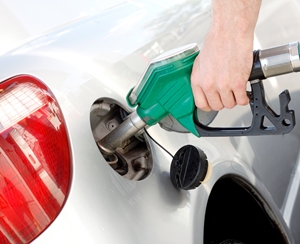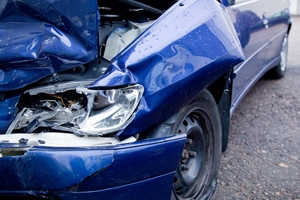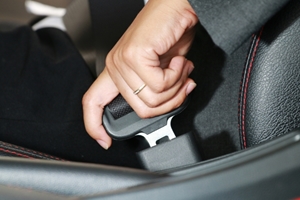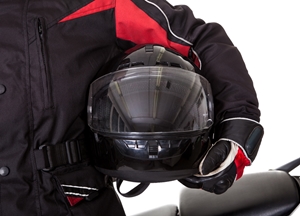 This year’s State of Origin victory against the Maroons finally stopped an eight-year winning streak.
This year’s State of Origin victory against the Maroons finally stopped an eight-year winning streak.
While that win will live long in the memory, a second State of Origin victory has recently slipped somewhat under the radar.
Petrol ‘State of Origin’
Over the past 12 months, the National Roads & Motorists’ Association and the Royal Automobile Club of Queensland have been carefully recording petrol prices in every town in the two states.
 New and emerging car technology is both exciting and scary at the same time. As we depend more on vehicles to protect us in the event of an accident, we also release further control and become more removed from the driving experience.
New and emerging car technology is both exciting and scary at the same time. As we depend more on vehicles to protect us in the event of an accident, we also release further control and become more removed from the driving experience. For most people, a car is nothing more than a medium used to get from point A to point B. However, just as there are interesting facts about humans, animals, landscapes and so forth, there are also some pretty amazing facts about cars. The following 10 facts will surprise you.
For most people, a car is nothing more than a medium used to get from point A to point B. However, just as there are interesting facts about humans, animals, landscapes and so forth, there are also some pretty amazing facts about cars. The following 10 facts will surprise you. There are 1,400 level crossings dotted around NSW, with very few not seeing a collision or near-miss in recent years.
There are 1,400 level crossings dotted around NSW, with very few not seeing a collision or near-miss in recent years. After a sluggish beginning to 2014, new car sales have been steady for the majority of the year. This has lead some experts to suggest that Australia is going to hit the 1.1 million figure for the third year in a row.
After a sluggish beginning to 2014, new car sales have been steady for the majority of the year. This has lead some experts to suggest that Australia is going to hit the 1.1 million figure for the third year in a row. The NSW government has announced a new safety campaign dubbed ‘Ride to Live’.
The NSW government has announced a new safety campaign dubbed ‘Ride to Live’. Drive down any suburban Australian road on a summer day and you will see countless children playing and on the driveway of their home. However, this is one place that can cause danger without warning and an area the NSW government is targeting in its latest safety campaign.
Drive down any suburban Australian road on a summer day and you will see countless children playing and on the driveway of their home. However, this is one place that can cause danger without warning and an area the NSW government is targeting in its latest safety campaign. It sure would be convenient if every country drove on the same side of the road. This would surely make it easier for tourists and stop them driving on the wrong side of the road. But is it safer driving on left?
It sure would be convenient if every country drove on the same side of the road. This would surely make it easier for tourists and stop them driving on the wrong side of the road. But is it safer driving on left?